Sales aren’t always easy to get right in businesses. You need to find the right people, have the right offering, and engage in the right sales tactics. That’s why 40% of sales reps say sales prospecting is one of the most challenging parts of the process.
One key to doing this right is using the proper type of sales for your business. To do this, you’ll need to determine if you need to use B2B or B2C sales tactics.
Do you want to learn the difference between B2B vs B2C sales? Keep reading to learn what each type of sales is and what to expect with each one.
What Are B2B Sales?
B2B sales are the process businesses use to sell to business customers. Instead of creating giant advertising campaigns that reach as many people as possible, companies create smaller targeted campaigns focusing on decision-makers in business.

It usually involves a few primary services:
Supply
Supply sales are ones where you sell supplies to businesses. These are things like computer equipment, office supplies, and industrial equipment. The goal is to work with the buyer in a company to work out terms for the supply contract.
Distribution
Distribution sales happen when you have products to sell in bulk to other organizations. These are typically wholesale sales, which means you’re selling products to another company so they can sell to their customers. You’ll work directly with warehouses and other retail operations interested in selling your products.
Service
Service sales are for companies that offer services to other businesses. These are things like tax help, IT services, and customer service. Your goal is to be the best source of expert help for businesses trying to outsource services.
What Are B2C Sales?
B2C sales are the process of selling products to general consumers. Instead of focusing on decision-makers in companies, you create more generalized advertising campaigns that reach a large audience.
You’re usually a direct-to-consumer company in this situation. You may have your own store or sell directly online. You can also use this in combination with B2B sales to send products to distributors and retail chains.

There are a couple of product categories for this.
Physical Products
You see physical products everywhere. They’re in stores, online stores, and everywhere else you can buy products. Sales in this respect aim to inform customers about these products and convince them they solve problems or provide entertainment.
Digital Products
Digital products are like physical products but without a physical nature. You go through much of the same sales process, except most of it is usually online. You can provide a website to access the product or provide a download to the customer.
Subscription Services
Subscription services are for companies that want to provide regular products to customers. They range from online streaming services to subscription boxes. These are a little harder to sell because you’re convincing customers to give you money every month.
Local Services
Companies offer local services to customers dealing with home issues and other problems. They include electricians, plumbers, and other service businesses. The goal here is to create a good reputation in the community and be the company people call on to solve problems.
Difference Between B2B and B2C Sales
Now that you’ve read the B2B and B2C sales guide above, it pays to learn the significant differences between them. Continue reading the B2C and B2B sales guide below to learn more.
The Sales Pipeline
The sales pipeline is one of the most significant differences between B2B and B2C sales. The B2C pipeline isn’t that long. You give customers marketing material, they check out your product, and they decide if they want to buy.
In some situations, you create an email list and remarket to those people.
The pipeline is much longer for B2B sales. Potential customers can be inside your sales pipeline for months before deciding to buy. That makes sales prospecting much more critical for B2B sales.
Different Product Costs
One of the most significant differences between these two types of sales is the cost. In most situations, the cost of consumer products isn’t large. You may pay more for things like home repair and larger purchases, but many of your purchases won’t cost much.
The same isn’t true for business products. While it’s true that you can buy some subscription and office products for a few dollars per month, many of your purchases are large.
With so much money on the line, your sales methods will change. People are much more discerning when spending a ton of money on products.
Level of Service
The level of service you receive in B2B and B2C can vary greatly. There may be more of a human touch for service businesses like home improvement, but general product support doesn’t happen often.
If it does, it’s usually because of an issue with what you purchased.
However, B2B customers require much more from their sales reps. They expect a personalized experience that helps them learn about the product and helps get things set up. As a result, B2B sales reps will be much more hands-on with sales prospects.
Focus on Lifetime Value
B2B sales teams expect their customers to spend much money with them. They sell high-priced products or sign people up for subscriptions that last a while. As a result, a company can spend a lot of money with a B2B business.
However, many purchases for B2C customers are one-time purchases. As a result, B2C companies look to sell volume instead of relying on long-term customer value.
B2B vs B2C Sales: Now You Know the Difference
It takes a lot of work to build a reliable sales pipeline. You need to define your target customers, create a sales pipeline, and guide people through the next actions to take.
But those processes change when you go from regular consumers to businesses. Now that you know more about B2B vs B2C sales, you should understand how to refine your sales strategy to get more sales.
Check out the blog to find more information that will help you grow your business.





